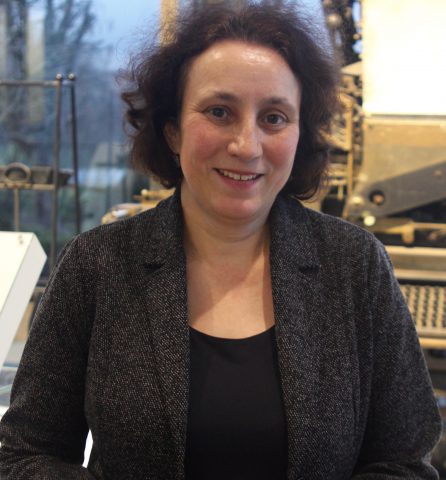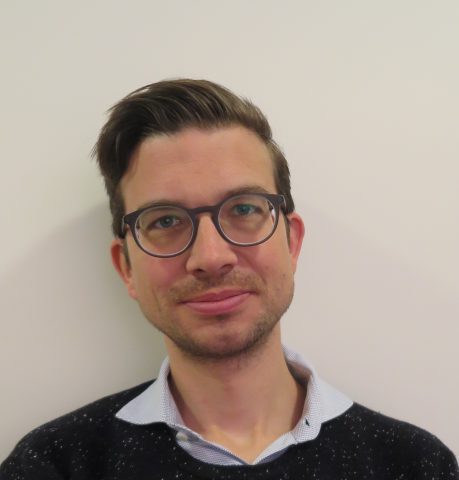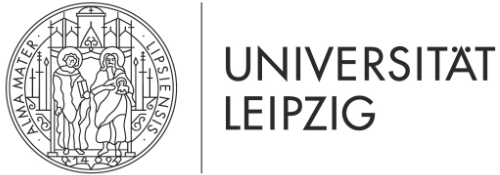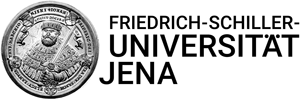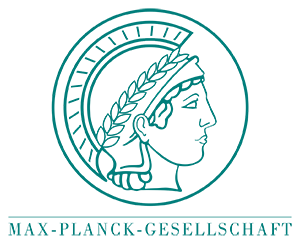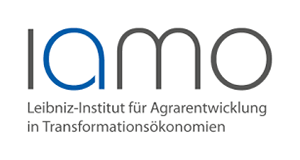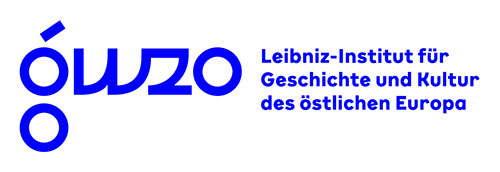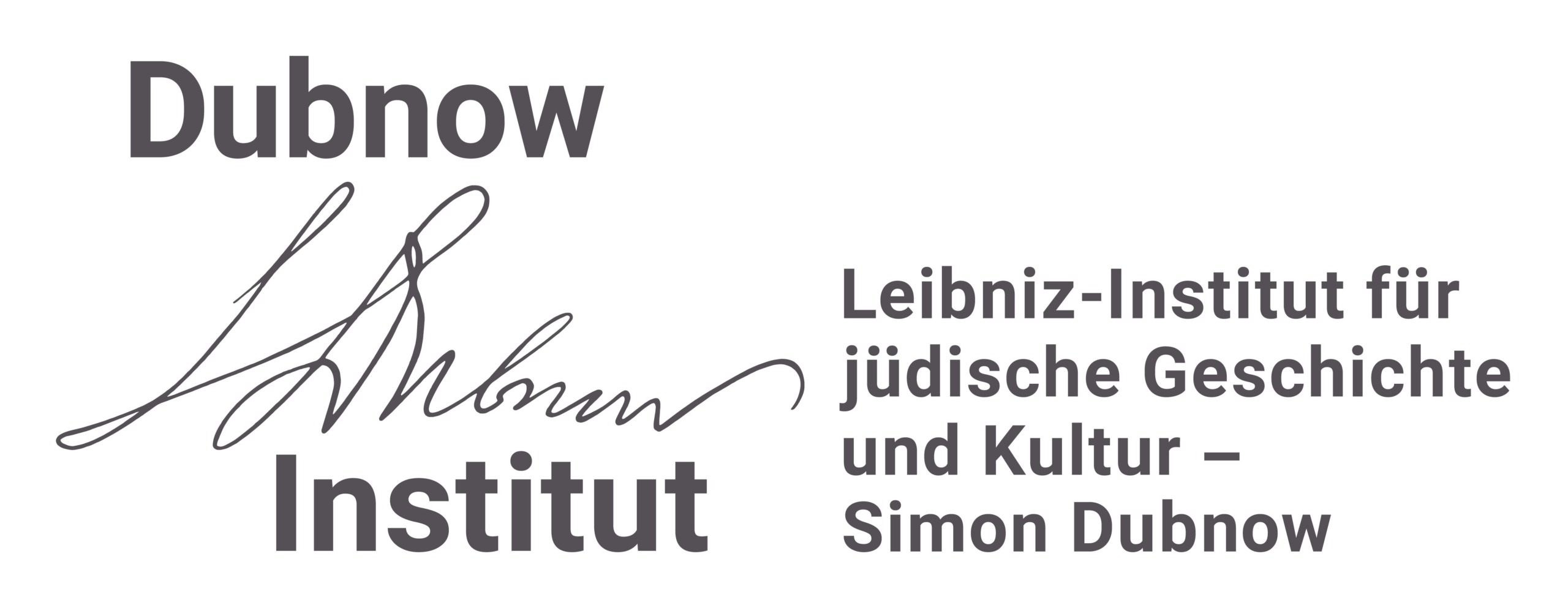To give the broad public an understanding of the complex political, economical and social developments in Eastern Europe, the EEGA constitutes an Advisory Board for Media and Knowledge Transfer. This advisory board is made up of experts from the media branch. It accompanies critically and constructively the knowledge transfer of EEGA. Especially print and online media, radio, audiovisual media and the commonly called new media are relevant to the EEGA.
The members of the advisory board strategically advise the management and coordination of the EEGA on the design of its transfer and the cooperation with media or media representatives. This also includes the content-related consultation on topics, references to persons in the communication branch and in the public, as well as finding event dates for EEGA events, which are particularly relevant for the transfer into the broader public.
